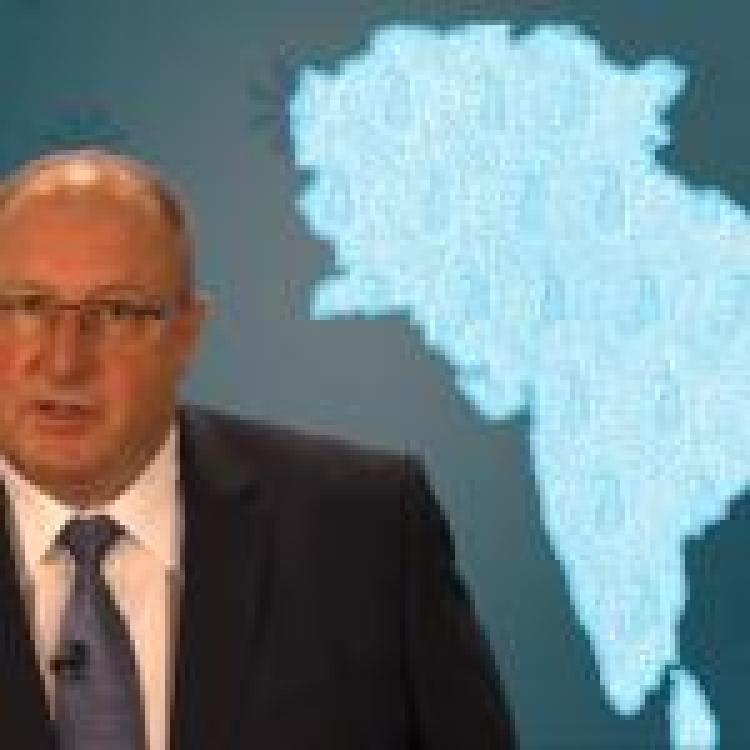The World Bank has approved $70 million worth of credit to support “local economic activities and livelihoods” of those living in the North-East and Uva Provinces in Sri Lanka.
The project is to support local economic activity, sanitation and infrastructure within these poorer provinces, through establishment and renovations of “roads, drains, water supply, minor irrigation, IT connectivity, and rural electrification”.
It is to cost a total of $100 million, including “a $70 million credit from the International Development Association, with a $23.65 million grant from the European Union and $7 million contributions from the Government of Sri Lanka”.
The new “Local Development Support Project” will be implemented by the Ministry of Internal and Home Affairs and Provincial Councils and Local Government along with the four Provincial Councils who will be the recipients of this aid.
According to the World Bank, Sri Lanka has performed well in poverty reduction in recent years with a national poverty rate of 4.1 % in 2016, but these improvements have not reached Tamil areas in the North and East. Research by the World Bank indicates this is likely due to “weak community institutions, gender vulnerabilities, especially among female-headed households, trauma symptoms and risk behaviour of youth and affected populations”.
The government’s poor track record of addressing local concerns within the north-eastern provinces has raised concerns amongst the Tamil community as to whether they will see the benefit of this aid.
These concerns are however countered by representatives of the World Bank who insist that this project will promote a responsive system that focuses on the concerns of the local community.
Idah Z. Pswarayi-Riddihough, World Bank Country Director for Maldives, Nepal and Sri Lanka, echoed this sentiment as she said: “We are happy to partner with the government to deliver a project that will build systems to be responsive to the needs of the local population, and particularly the most vulnerable groups."
Yarissa Sommer and Sonya Sultan, Project Task Team Leaders, similarly maintain that “strong local government authorities which can be responsive to citizens are critical for the development of a country, and the well-being of its citizens. We hope that the Local Development Support Project can make a significant contribution in setting up strong systems for accountable, effective and responsive local government that serve the citizens of Sri Lanka well."
Read the World Bank's reporting here.


